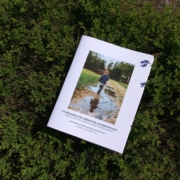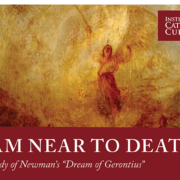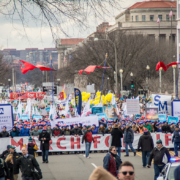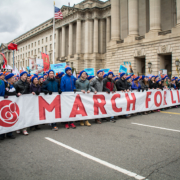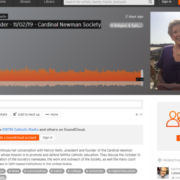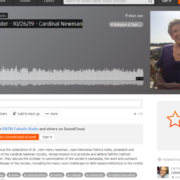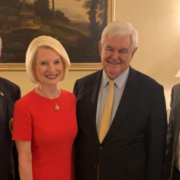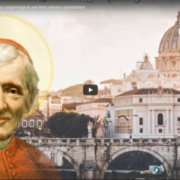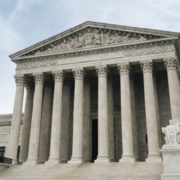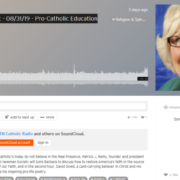Good Seed: Standards for Christian Anthropology Released
Two weeks ago, on a video call from Rome to Florida, Dr. Joan Kingsland and Dr. Denise Donohue wrapped up a most important project: educational standards for grades K-8 based on St. John Paul II’s Theology of the Body teachings. The Standards for Christian Anthropology provide a solid basis for incrementally transmitting a vision of the human person according to God’s loving design.
But the significance of the completion date, May 18, did not strike the authors until later. It was the 100th anniversary of the birth of John Paul II!
The new standards’ simple yet robust framework provides the guidance that has been sought by educators for some time now. The Standards for Christian Anthropology support the curricula published by Ruah Woods Press and complement the Catholic Curriculum Standards published by The Cardinal Newman Society, which cover English language arts, history, scientific topics, and mathematics. The new standards—a collaboration of the two organizations—situate the person in proper context as son or daughter of God, heir to the Eternal Kingdom, and brother or sister to all. Anthony Esolen, Catholic writer and social commentator, said, “If you don’t get man right, you don’t get education right.” The Standards for Christian Anthropology lay the groundwork for “getting man right,” a foundation for other subject areas.
Although this work was begun in 2016, its completion was inspired by the most recent document from the Congregation for Catholic Education, Male and Female He Created Them: Towards a Path of Dialogue on the Question of Gender Theory in Education (2019), which addresses the current identity crisis affecting many classrooms today. The Vatican document was generated to present Christian anthropology and to encourage institutions of higher learning and research centers to provide professional development and programs for educators. The Standards for Christian Anthropology are a direct response to this call.
More fundamental than sex ed, Theology of the Body goes deeper, to the heart of personal identity. “It’s a gamechanger for someone to be deeply convinced of their personal self-worth, dignity and purpose, knowing themselves to be infinitely and unconditionally loved by God and called to live in a communion of persons in his image. This self-knowledge includes respecting and revering oneself, others and above all God. It affects the choices made by young people about how they will treat others and expect others to treat them, including in the area of sexuality. It’s a unique, theological approach to Christian anthropology that lays out the pathway to a happy, deeply fulfilled life.” (Introduction to Standards for Christian Anthropology, 2020).
Although these standards were created based on the completed work of Ruah Woods’ ROOTED K-12 curriculum, they also provide guidelines for other publishers and programs. Existing programs might find that their curricula already align to the Standards, or that this would be possible with minor modifications. It is a framework that hopefully will complement already solid religious education standards chosen by Catholic schools and will touch the hearts of young people. Knowing that they are created in the image of the Triune God and are called to live in communion, they will learn that fulfillment comes through a sincere gift-of-self.
View and download the Standards for Christian Anthropology.
Register for an upcoming webinar that will explore the Standards.
For more information, contact Dr. Joan Kingsland (JKingsland@RuahWoods.org) or Dr. Denise Donohue (DDonohue@CardinalNewmanSociety.org).

